Open Records - Guide To Hawaii'S Uniform Information Practices Act - Office Of Information Practices - 2015 Page 58
ADVERTISEMENT
clearly unwarranted invasion of personal privacy;
(2) Government records pertaining to the prosecution or defense of
any judicial or quasi-judicial action to which the State or any county
is or may be a party, to the extent that such records would not be
discoverable;
(3) Government records that, by their nature, must be confi dential
in order for the government to avoid the frustration of a legitimate
government function;
(4) Government records which, pursuant to state or federal law
including an order of any state or federal court, are protected from
disclosure; and
(5) Inchoate and draft working papers of legislative committees
including budget worksheets and unfi led committee reports; work
product; records or transcripts of an investigating committee of the
legislature which are closed by rules adopted pursuant to section
21-4 and the personal fi les of members of the legislature. [L 1988, c
262, pt of §1; am L 1993, c 250, §1]
§92F-14 Signifi cant privacy interest; examples. (a) Disclosure of a govern-
ment record shall not constitute a clearly unwarranted invasion of personal
privacy if the public interest in disclosure outweighs the privacy interests of the
individual.
(b) The following are examples of information in which the individual
has a signifi cant privacy interest:
(1) Information relating to medical, psychiatric, or psychological
history, diagnosis, condition, treatment, or evaluation, other than
directory information while an individual is present at such facility;
(2) Information identifi able as part of an investigation into a pos-
sible violation of criminal law, except to the extent that disclosure is
necessary to prosecute the violation or to continue the investigation;
(3) Information relating to eligibility for social services or welfare
benefi ts or to the determination of benefi t levels;
(4) Information in an agency’s personnel fi le, or applications,
nominations, recommendations, or proposals for public employment
or appointment to a governmental position, except:
(A) Information disclosed under section 92F-12(a)(14); and
(B) The following information related to employment miscon-
duct that results in an employee’s suspension or discharge:
(i) The name of the employee;
(ii) The nature of the employment-related
misconduct;
(iii) The agency’s summary of the allegations of
misconduct;
(iv) Findings of fact and conclusions of law; and
(v) The disciplinary action taken by the agency; when
58
O
R
- J
2015
PEN
ECORDS
UNE
ADVERTISEMENT
0 votes
Related Articles
Related forms
Related Categories
Parent category: Legal
 1
1 2
2 3
3 4
4 5
5 6
6 7
7 8
8 9
9 10
10 11
11 12
12 13
13 14
14 15
15 16
16 17
17 18
18 19
19 20
20 21
21 22
22 23
23 24
24 25
25 26
26 27
27 28
28 29
29 30
30 31
31 32
32 33
33 34
34 35
35 36
36 37
37 38
38 39
39 40
40 41
41 42
42 43
43 44
44 45
45 46
46 47
47 48
48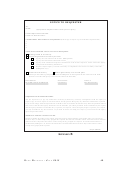 49
49 50
50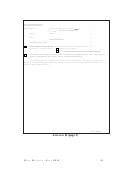 51
51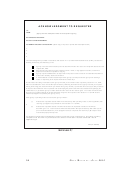 52
52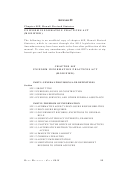 53
53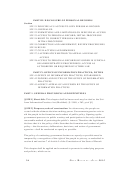 54
54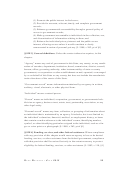 55
55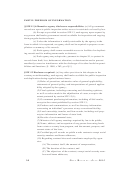 56
56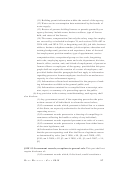 57
57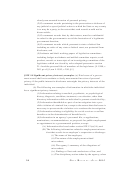 58
58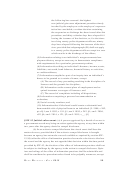 59
59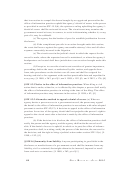 60
60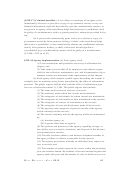 61
61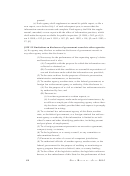 62
62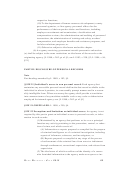 63
63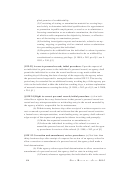 64
64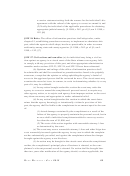 65
65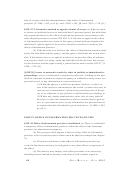 66
66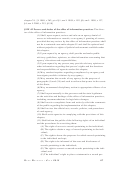 67
67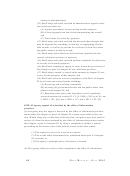 68
68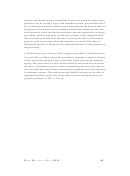 69
69








